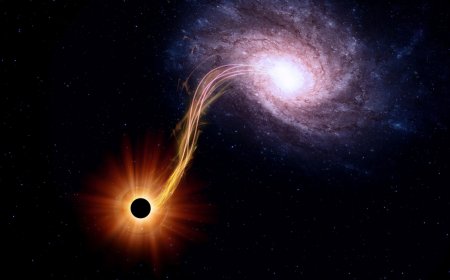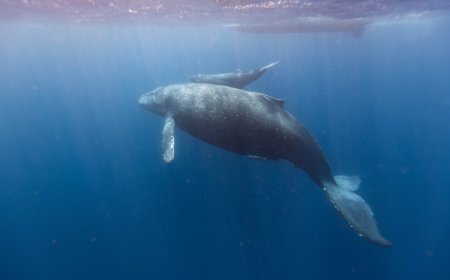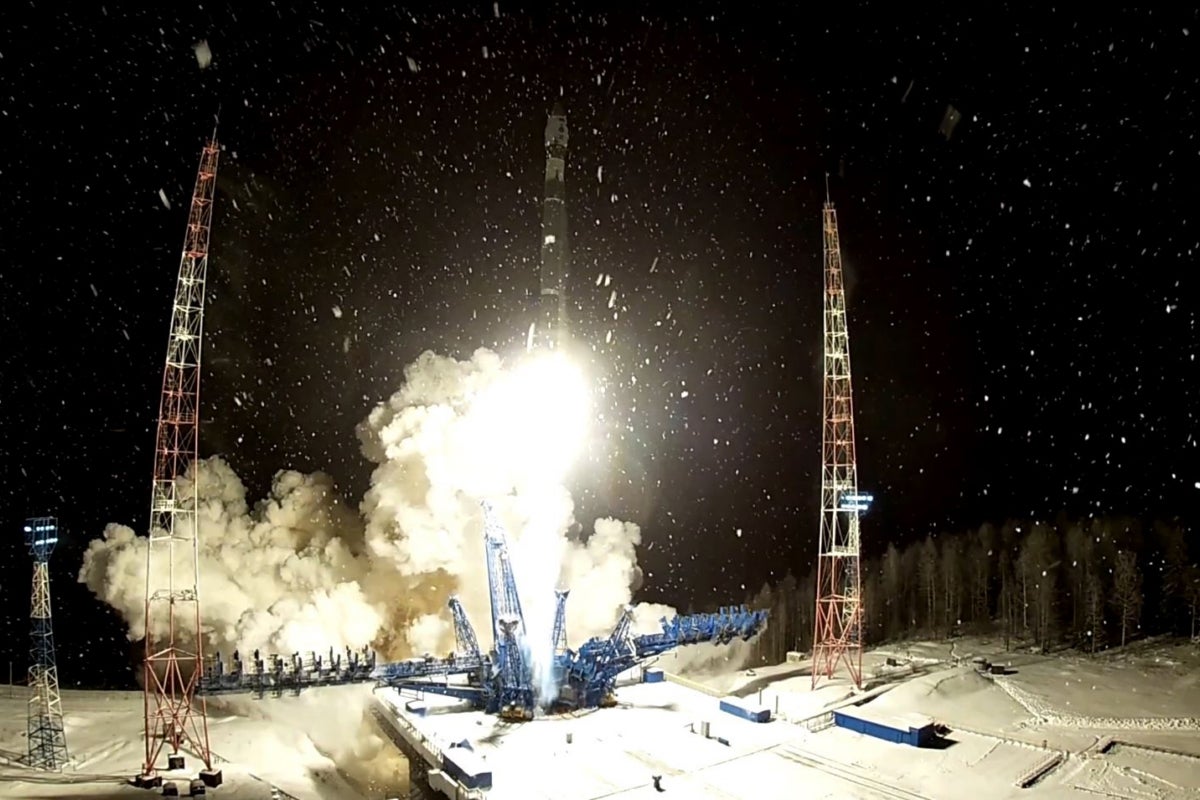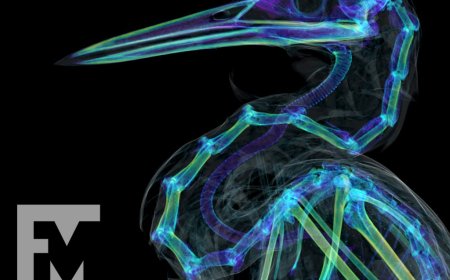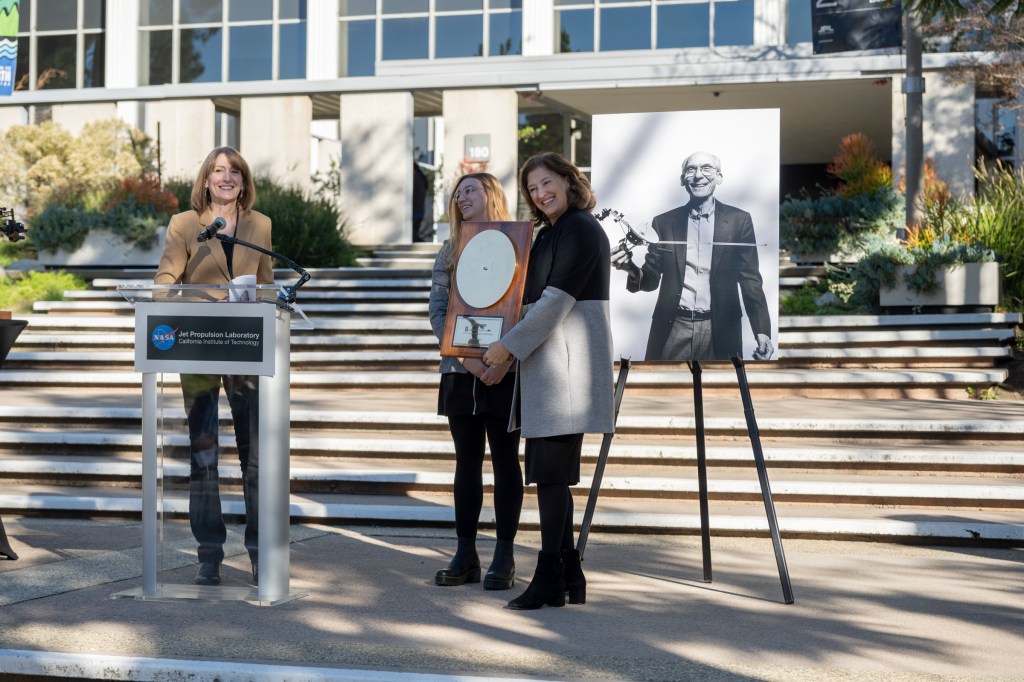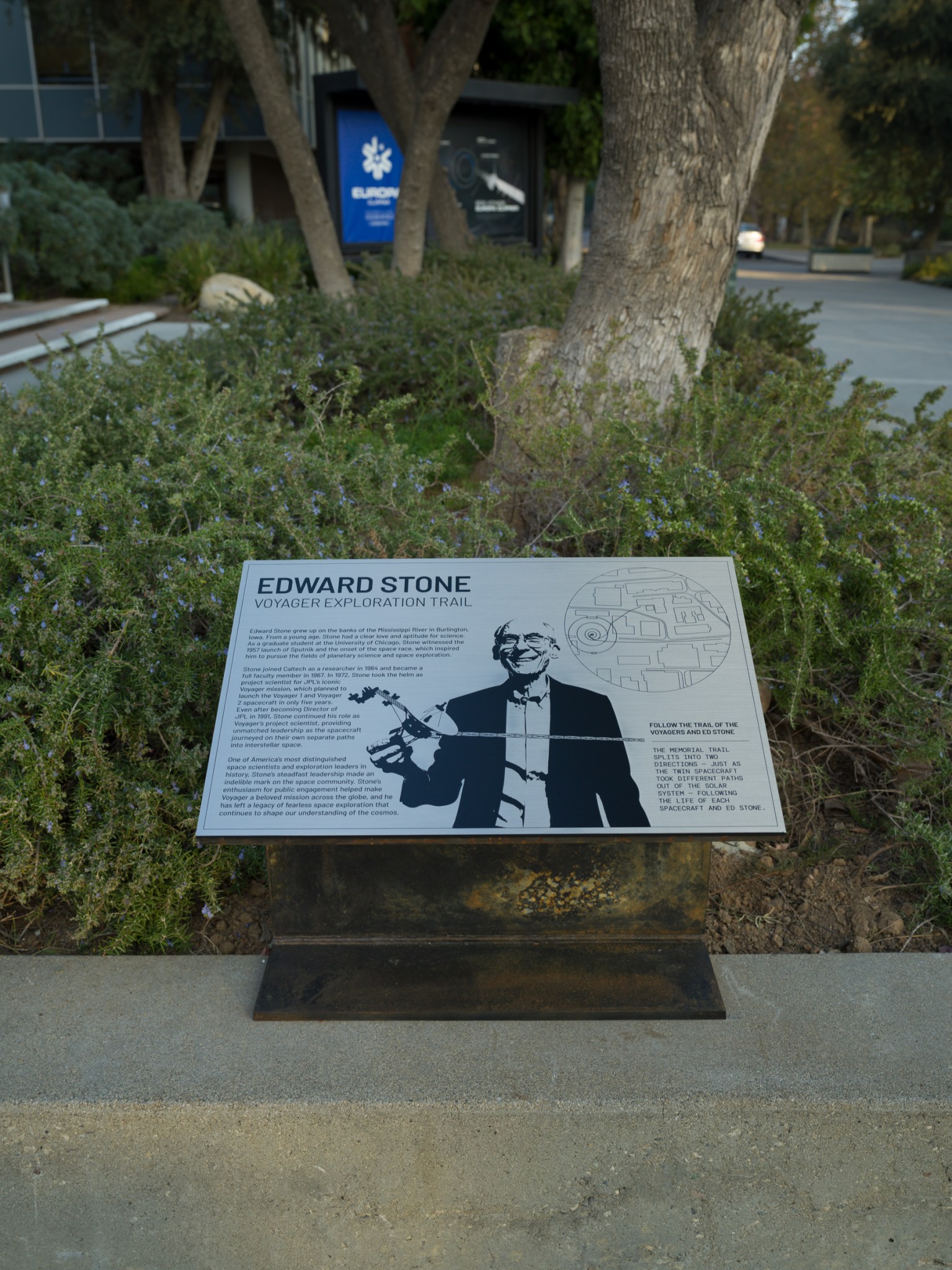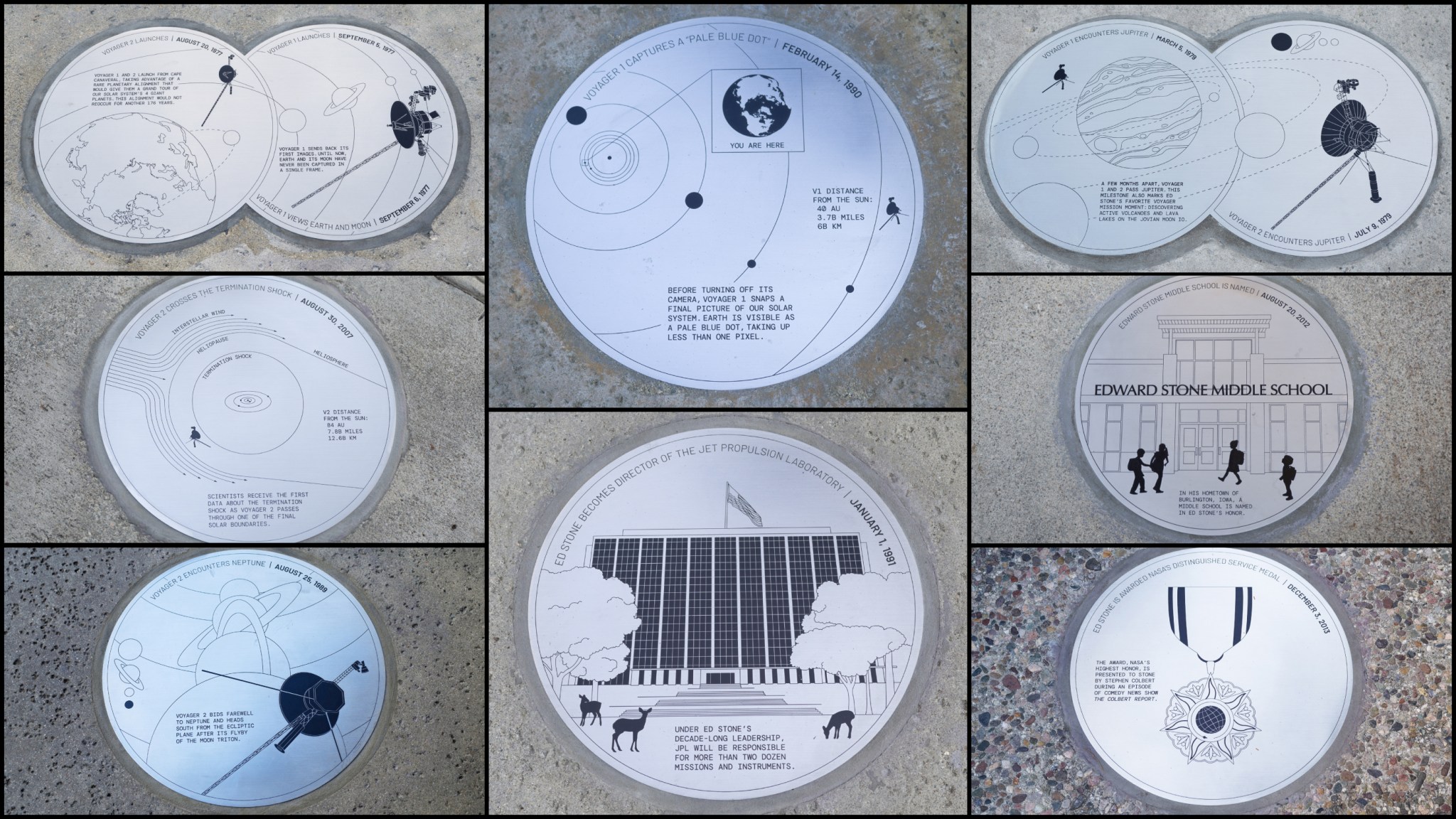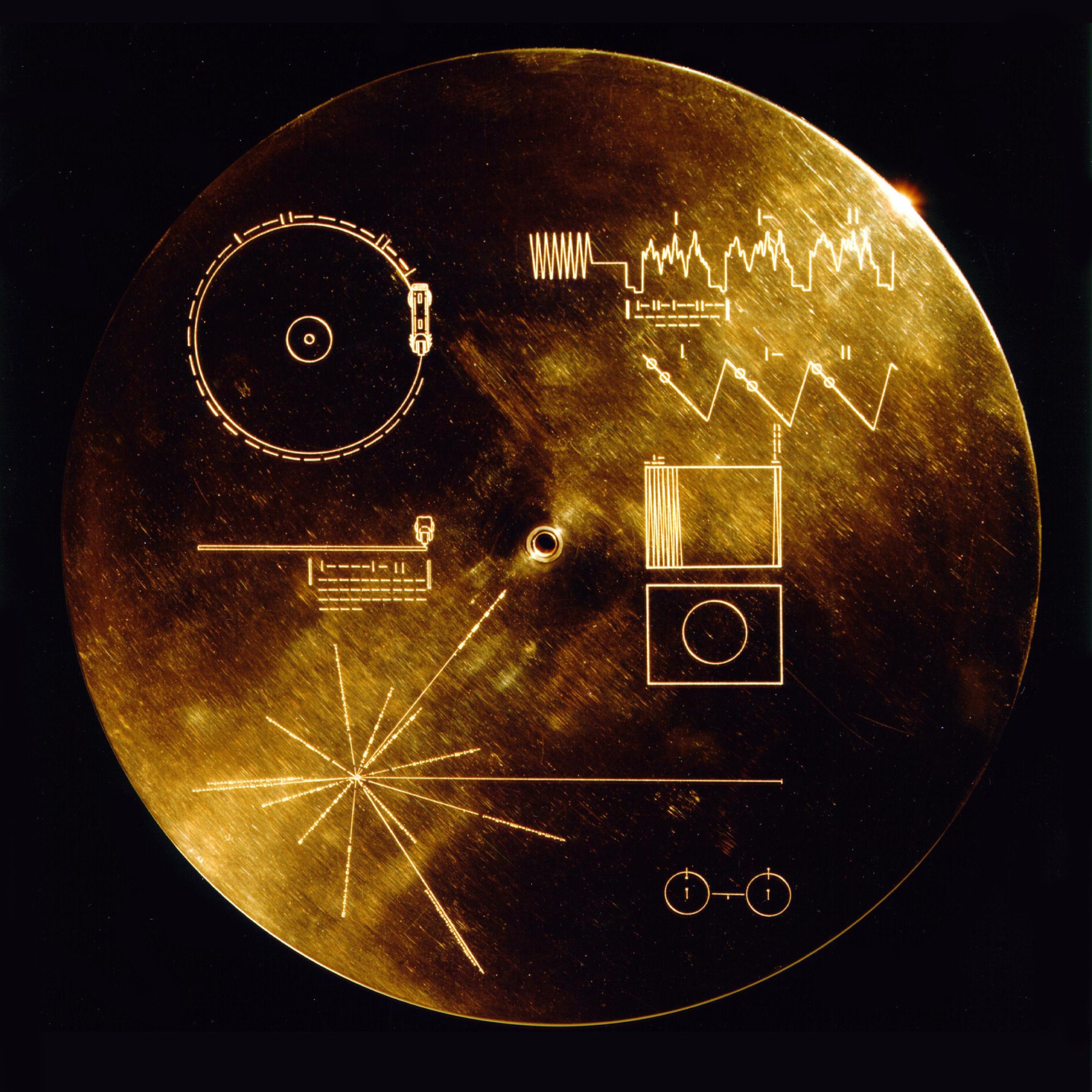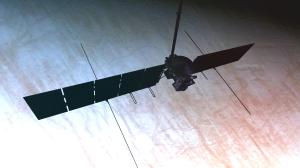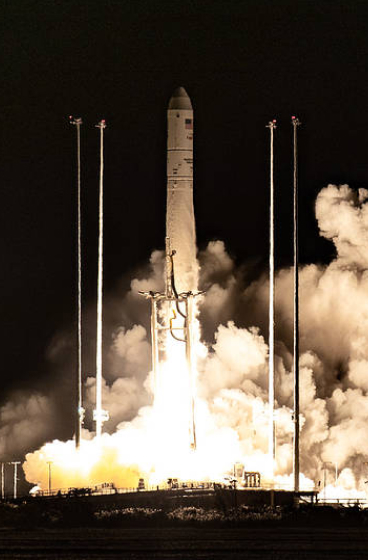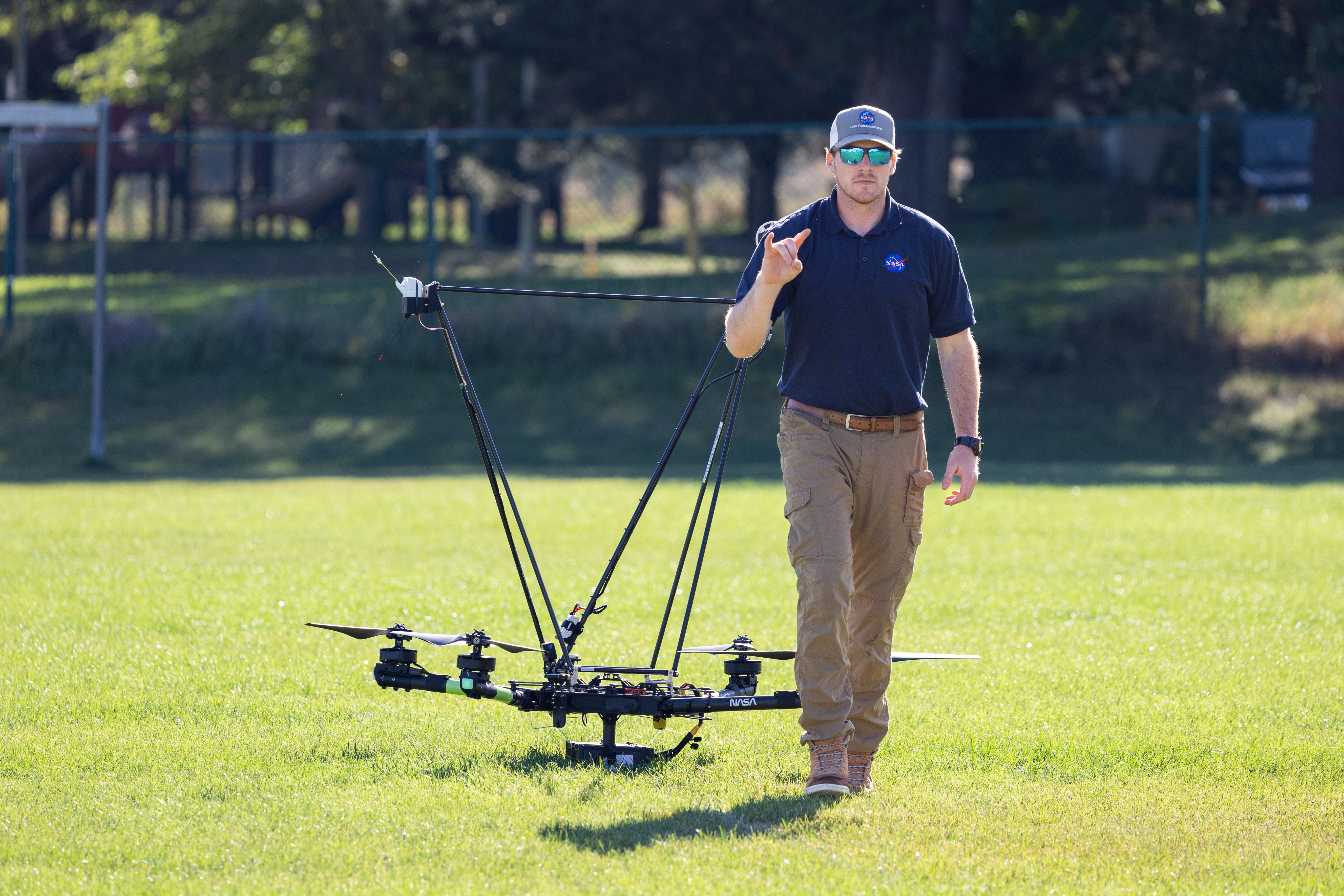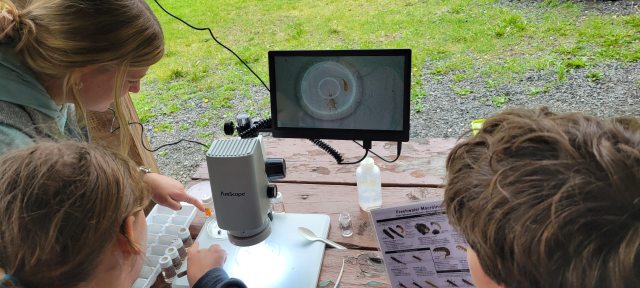NASA JPL Unveils the Dr. Edward Stone Exploration Trail
A series of plaques stretching through the heart of the agency’s Jet Propulsion Laboratory offers highlights of the space explorer’s career and the Voyager mission he led. Family members, colleagues, and local dignitaries gathered on Friday, Dec. 6, at NASA’s Jet Propulsion Laboratory in Southern California for the unveiling of a memorial honoring Ed Stone, […]
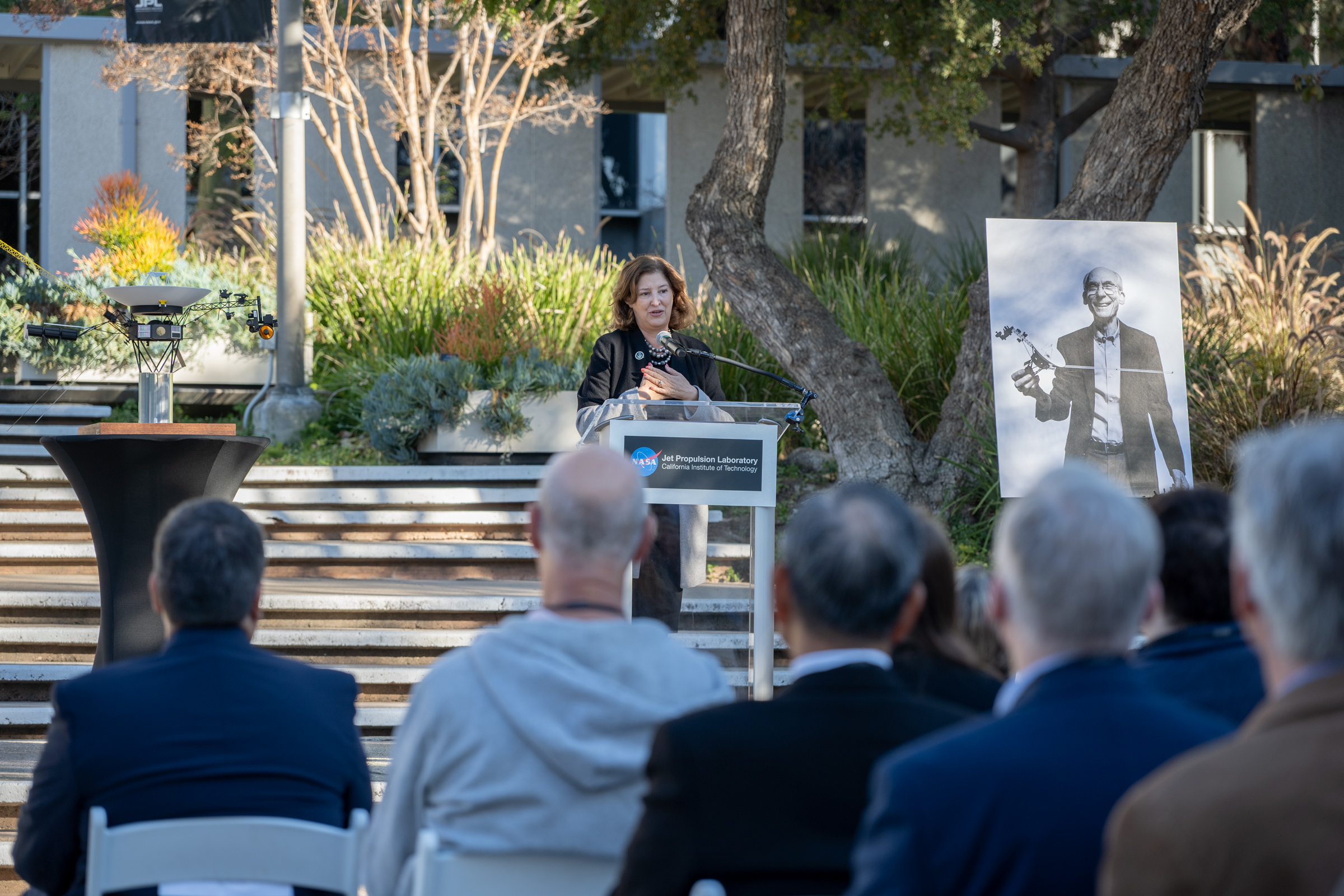
A series of plaques stretching through the heart of the agency’s Jet Propulsion Laboratory offers highlights of the space explorer’s career and the Voyager mission he led.
Family members, colleagues, and local dignitaries gathered on Friday, Dec. 6, at NASA’s Jet Propulsion Laboratory in Southern California for the unveiling of a memorial honoring Ed Stone, best known as the longtime project scientist of the agency’s Voyager mission. Stone died in June 2024 at age 88 after leading the mission for half a century and leading JPL for a decade.
Stretching through the heart of the lab, the Dr. Edward Stone Exploration Trail traces the arc of Stone’s distinguished career and the long journeys of the twin Voyager space probes. Designed with simple line drawings, 24 disc-shaped plaques along the trail offer career and mission highlights while evoking the Golden Record aboard both spacecraft.
Launched in the summer of 1977, Voyager 1 and 2 have since traveled more than 15.4 billion and 12.9 billion miles (24 billion and 20 billion kilometers), respectively — farther than any other human-made object. The plaques trace their trajectories to Jupiter and Saturn as well as their diverging paths, with Voyager 2 heading toward Uranus and Neptune as Voyager 1 made a beeline for interstellar space. Other stops along the trail honor Stone’s work creating the W.M. Keck Observatory in 1985, his appointment as JPL’s director in 1991, and his being honored with the Distinguished Service Award 2013.
“To follow in the footsteps of Ed Stone is to walk the path of an extraordinary person who dedicated his time on Earth to reaching for the stars, and who paved the way for others to do the same,” said Laurie Leshin, director of JPL. “This trail is a testament to Ed’s bold curiosity, visionary leadership, and passion for science that have enabled us to explore farther into the cosmos than ever before. It’s also a reminder of his influence on so many of our endeavors to reach new frontiers in space.”
Blazing a Trail
Stone’s penchant for walking was one of the topics that came up when members of JPL’s Office of the Director, its DesignLab, and the Voyager team began discussing ways to honor his outsize contributions to JPL and science. From those initial brainstorming sessions came the question, “How can we do something to memorialize him at JPL that gets people to walk?” recalled DesignLab’s graphic manager, Lauren Shapiro.
The distances between the plaques are roughly proportional the distances between the events they highlight, and the team even tried to make flight trajectories of the probes as accurate as possible, given the challenges of avoiding buildings and the like.
Designer Kaelyn Richards relied on the Voyager Golden Record as a guide for the visual language. “I referenced a lot of old scientific diagrams that were made by artists in the ’70s and ’80s, and I used a solar system modeling program to show the exact position of the planets on the day that the ‘Pale Blue Dot’ was taken,” she said, referring to the plaque honoring the famous 1990 image Voyager 1 took of Earth from beyond Neptune.
“Everyone seemed to agree that Voyager was Ed Stone. Yes, he did so much more, but this was really his biggest legacy,” Shapiro said. “So we’re honoring both the mission and the person alongside each other. And they both, in a poetic way, have had very long, incredible lives.”
After retiring as Voyager’s project scientist, Stone returned to teaching and research at Caltech, which manages JPL for NASA.
Before attending the unveiling, Caltech President Thomas Rosenbaum said, “Ed was a whirlwind of activity. I have many good memories of running after Ed in the midst of conversation as he charged across campus. Ed’s ambition, drive, and vision were accompanied by his warmth, humility, and commitment to Caltech and our students. He served as a mentor for generations of scholars who have gone on to be leaders in their fields. He conveyed a curiosity and a thirst for discovery that inspired.”
Stone had joined the Caltech faculty as an assistant professor in 1967 and, from 1983 to 1988, chaired the Division of Physics, Mathematics and Astronomy. He went on to serve as vice president for astronomical facilities from 1988 to 1990 and as vice provost for special projects from 2004 to 2022. In 2023, Caltech established a new faculty position, the Edward C. Stone Professorship.
But there was another academic honor that Stone also cherished: the 2012 naming of the Edward Stone Middle School in his hometown of Burlington, Iowa. A short walk from the plaque marking that milestone is the final stop of the Exploration Trail, its simple inscription reading: “Ed Stone’s leadership and pursuit of scientific knowledge expanded humanity’s understanding of the universe. His legacy lives on through the Voyager mission, and the countless people he has inspired.”
News Media Contacts
Matthew Segal / Calla Cofield
Jet Propulsion Laboratory, Pasadena, Calif.
818-354-8307 / 626-808-2469
matthew.j.segal@jpl.nasa.gov / calla.e.cofield@jpl.nasa.gov
2024-165
Share
Details
Related Terms
What's Your Reaction?














